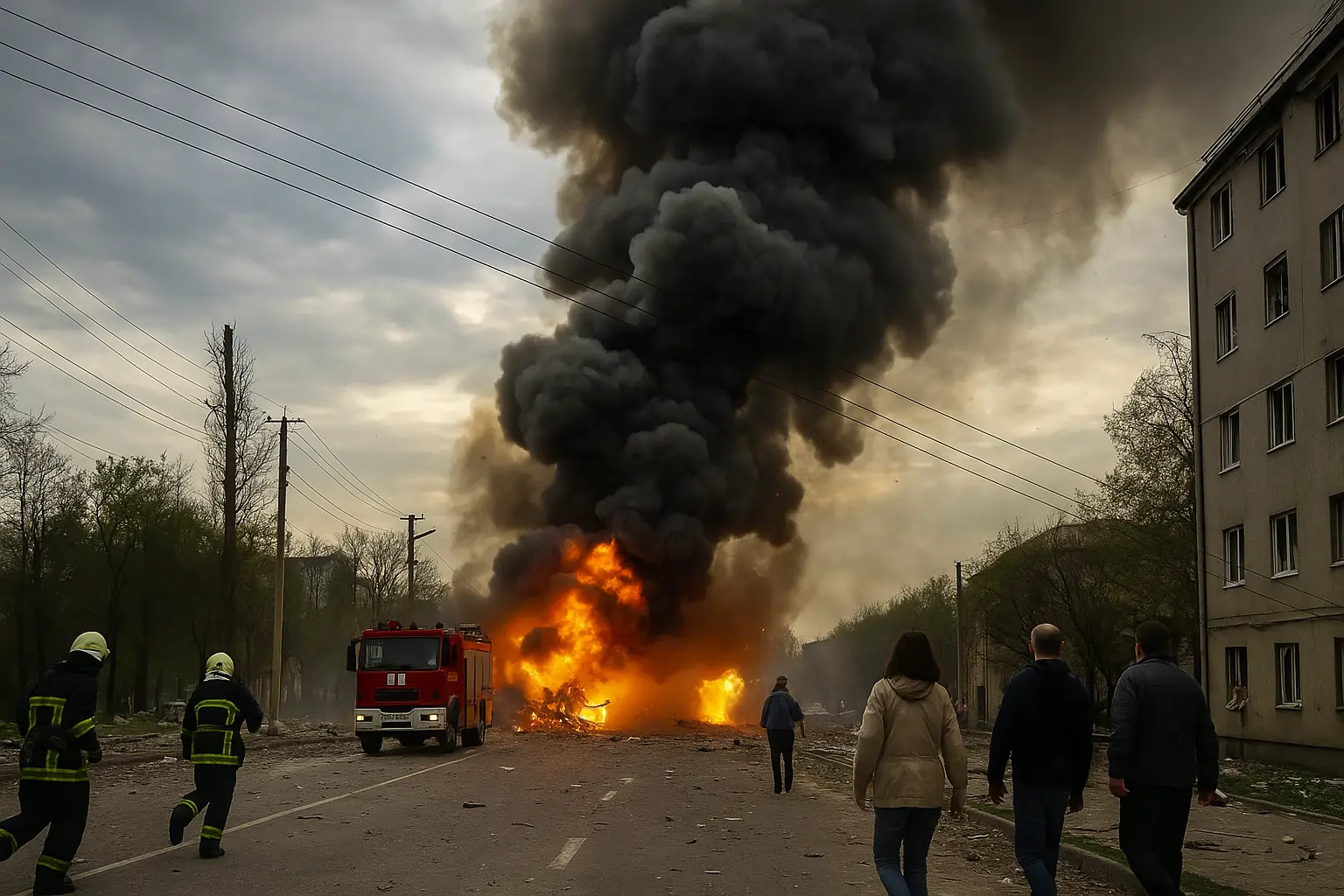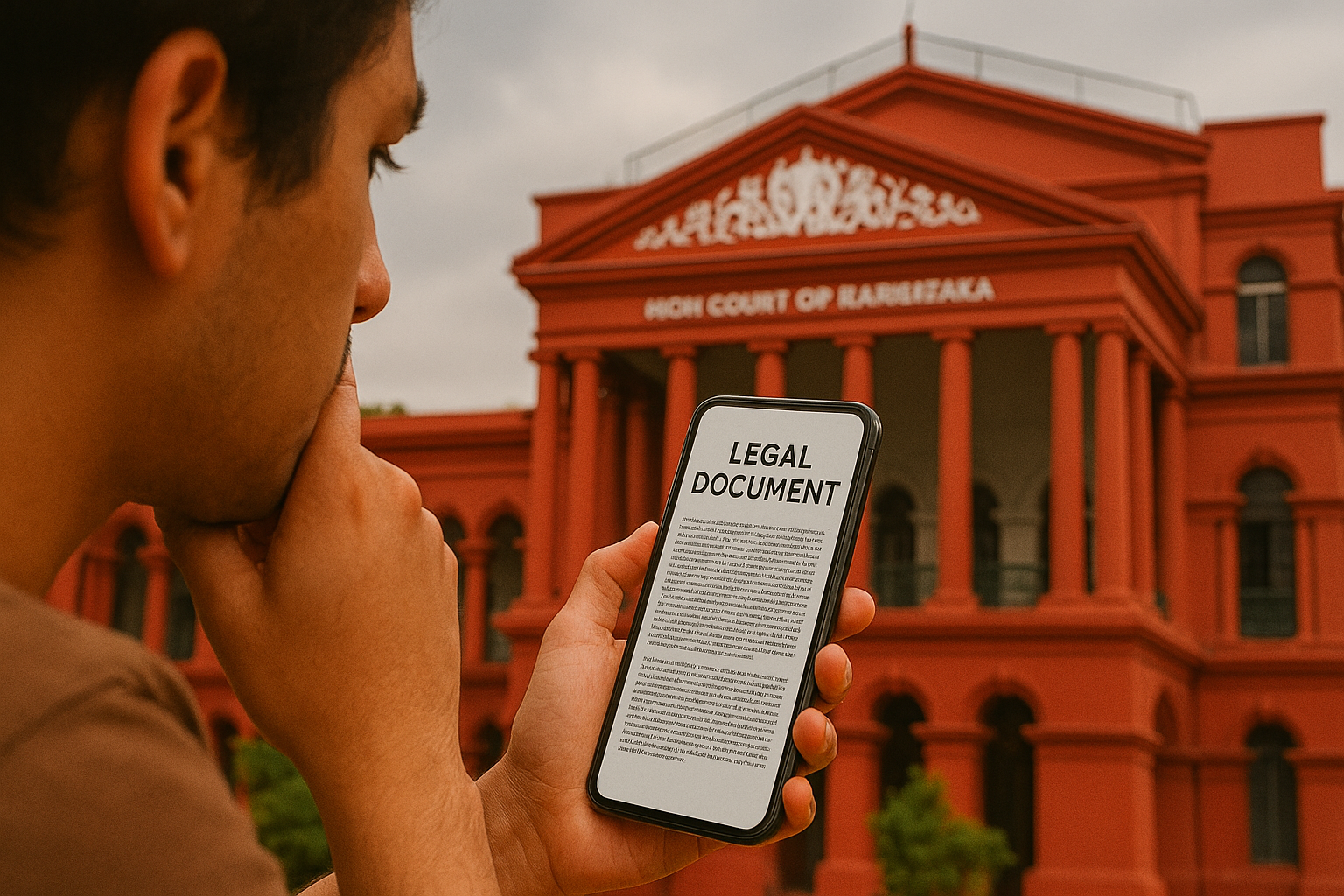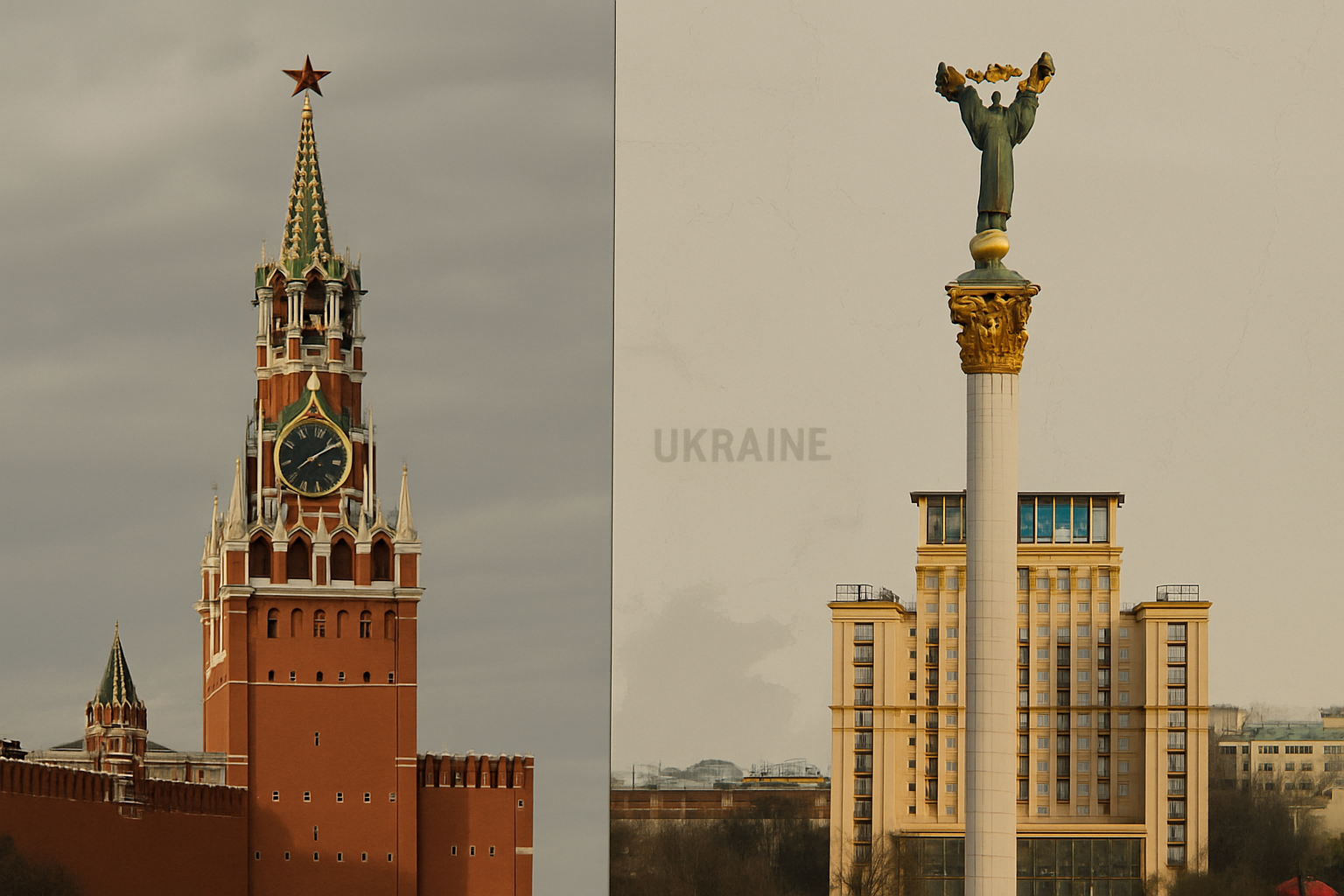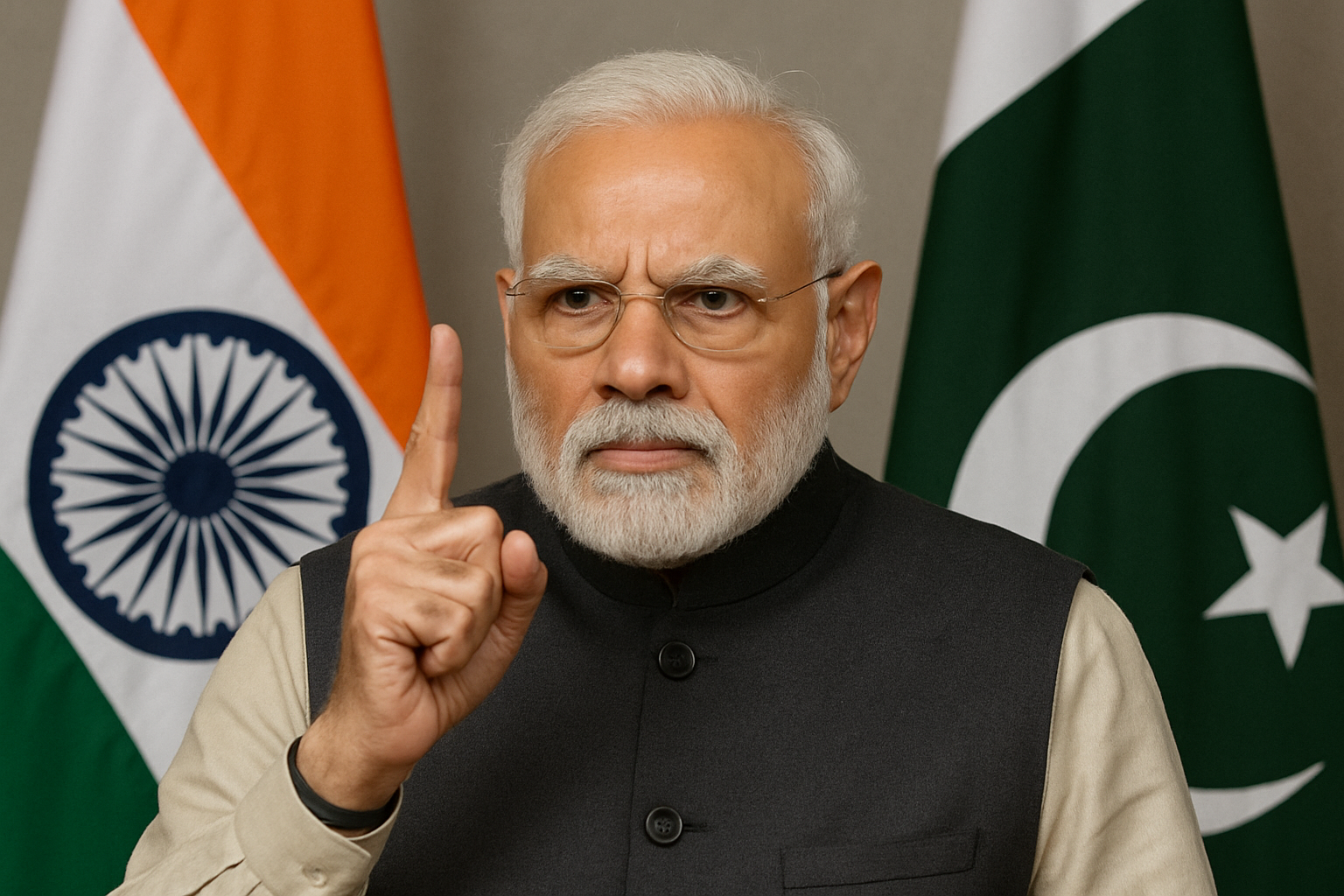In a dramatic turn of events, which has sent ripples of excitement through political and administrative echelons, the Haryana government has refused to accord sanction to register FIRs against top IAS officer Ashok Khemka and one of his colleagues in suspected corruption cases. The decision is being hotly debated as both a legal and political move with far-reaching ramifications for accountability within the bureaucracy.
The Controversy
The case arises out of allegations of corruption in the handling of some official affairs during Khemka’s time in an earlier department. The charges allegedly pertain to procedural shortcomings and improprieties in administrative orders issued under his authority. Nevertheless, no FIR has so far been filed, since advance sanction is necessary under law to prosecute government officials of a certain rank for acts done in the course of discharge of official duties.
The DoPT had sent the proposal to the Haryana government following preliminary findings that raised suspicions of impropriety. But after legal advice and internal consideration, the state government chose not to approve the go-ahead for the FIRs.
Who is Ashok Khemka?
Ashok Khemka is no new name in the public sphere. For his honesty and constant tangles with the political class, Khemka has earned the tag of a whistleblower and an officer who refuses to mince words when he detects irregularities. In the course of his service, he has been transferred more than 50 times — a reflection on his unflinching integrity and the discomfiture he has brought to the influential.
Khemka came to national attention in 2012 when he cancelled the mutation of a land deal involving Robert Vadra, son-in-law of then Congress president Sonia Gandhi. That move brought him both praise and scrutiny, and since then, he has remained a polarizing figure in Indian bureaucratic circles.
The State Government’s Stand
In its official press release, the Haryana government was quoted to have cited inadequate prima facie evidence and administrative decision-making characteristics as grounds for refusing the demand to approve the FIRs. As per high-ranking officials, “No mala fide intent has been established in the preliminary inquiry, and the decisions under scrutiny fall within the scope of official duties.”
The government stressed that any deviation or mistake in administrative procedures should not be criminalized unless there is explicit evidence of dishonest intent. It also expressed concern about the possible chilling effect such FIRs may have on bureaucratic decision-making if officers are apprehensive about prosecution for doing their job.
Mixed Reactions
The move has drawn contrasting reactions. Well-wishers of Khemka have welcomed the decision as a much-needed respite to a honest official who has often been singled out for being honest. According to them, the constant threats and diktats of being taken to court are part of a larger game plan to muzzle whistleblowers in the system.
Conversely, critics, such as some political leaders and activists, maintain that refusal of sanction dilutes transparency and provides bureaucrats a free hand to avoid legal consequences. They believe that the law requires an objective inquiry and that denying FIR permission ahead of time cuts across the investigation process.
Legal Experts Weigh In
Legal analysts observe that according to Section 197 of the CrPC and concerned service rules, previous sanction is required before filing criminal cases against public servants for acts done in discharge of official duty. Yet, they also point out that courts have time and again held that this provision must not be abused to protect corruption.
“While protection for bureaucrats is necessary to facilitate fearless administration, it should not be absolute immunity,” noted a retired High Court judge. “A process of vetting such requests, made transparent to the public, is necessary to strike a balance between governance and accountability.”
What Lies Ahead
For the time being, Ashok Khemka is once again in the thick of a high-level controversy surrounding integrity, politics, and administration. Whether this latest reprieve is the end of the issue or simply the start of the next cycle of furor is yet to be known.
While India’s administrative machinery remains in the dock both for action and inaction, such cases as these highlight the fine balance to be maintained between safeguarding honest officers and seeing that no individual is above the law.






